Verification – It’s the #1 Vocabulary Word for 2020
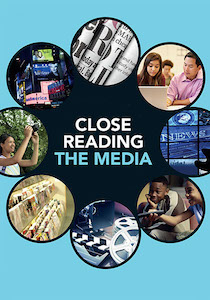 Not enough of us, including our students, are verifying the information we consume. There, I said it again. We really can’t say it enough.
Not enough of us, including our students, are verifying the information we consume. There, I said it again. We really can’t say it enough.
During a talk to school librarians gathered here in South Carolina, where I reside, I recently recommended that verification be considered as THE 2020 word of the year.
The Oxford English Dictionary defines verification as “the process of establishing the truth, accuracy, or validity of something.”
Do your students know HOW to verify what they read?
Recent studies have indicated that many of today’s young people tend to believe what they read on social media and elsewhere and are often so anxious to repost they rarely stop to verify the information. That’s a problem.
How Can You Help?
I recently heard someone say that fake news is NOT the problem, but rather the spreading of fake news is. I tend to think that both are problems and both need attention.
Another educator told me recently that her students didn’t care if what they read is fake. If that sentiment is widespread, then we had also better address this apathy by helping students understand the consequences of a world without any standards of truth and veracity.
Have your students encountered “fake news” in their studies and work on research projects? Did they question it, verify it, virally spread it? If they are spreading it, without question, then they are part of a problem with negative global consequences.
Several new initiatives are urging students to stop, think, reflect and question. (Ask your school librarian if she has considered posting the CRAAP Detection questioning poster near your computers.)
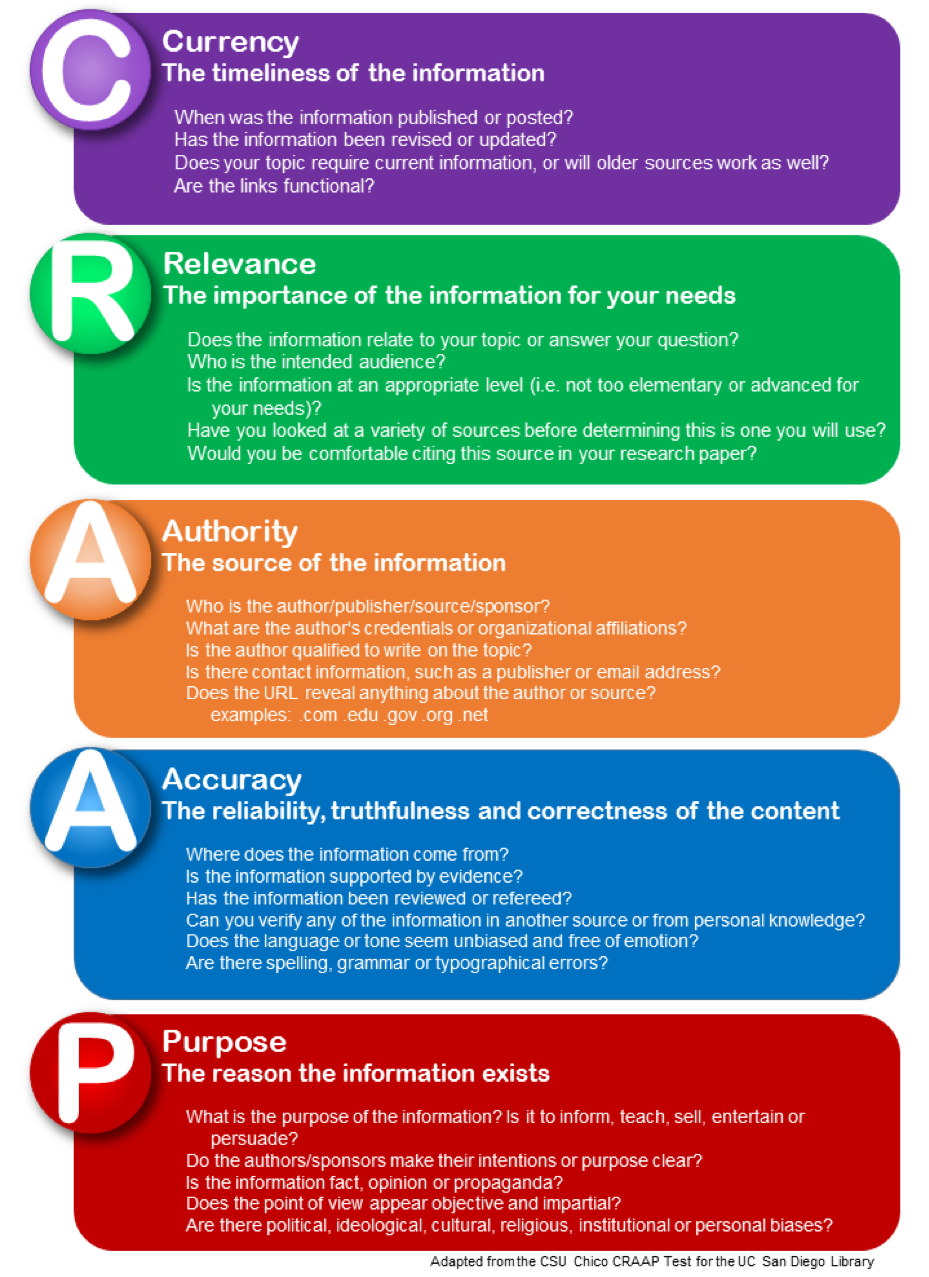
It’s Election Year: Question Everything
Many reliable fact-checking websites make it easy for all of us to check whether something we read, or something someone said, is true.
While we’re in the midst of another presidential campaign season, we will hear many politicians declare something which can almost instantly be verified by checking one of the many fact checking services.
During my presentation to school librarians, I played a recent ad from presidential candidate Pete Buttigieg which featured testimonials from residents of South Bend, Indiana, where he served as mayor. In the middle of the ad the words “Reduced Poverty Rate” were superimposed on the screen, with no attribution.
I reminded my audience that politicians can say anything in their ads; it’s up to us to not only question but also to verify. In a recent interview, Buttigieg said; “I’m proud of the fact that black poverty fell by more than half on my watch.” (One fact checking website found that statement to be mostly false.)
Fact Checking: A Vital 20th Century Tool
One of the oldest of the political fact-checking sites is FactCheck.org run by the non-partisan Annenberg Public Policy Center. Another is Politifact.com, a non-profit run by the Poynter Institute—a journalism school and training organization. The Washington Post newspaper has a regular FactChecker column. All of these employ researchers whose job it is to verify and report their findings.
As we move further into the election primary season and the 2020 presidential election, questioning what we read and hear are paramount considerations.
As more and more images and videos are being altered and spread like wildfire, it’s more important than ever that our students stop and verify what they consume.
The question I urge you to consider is, will they? And what can you do to help make that happen?
Resources to get started
► CRAAP Detection Test (Meriam Library, California State University, Chico)
► 8 Must Reads Detail How to Verify Information in Real-Time, From Social Media Users (Poynter.org)
► Top 10 Sites (including Snopes) To Help Students Check their Facts (ISTE)
► Political Campaign Ad Worksheet – Media Literacy Clearinghouse
(Frank Baker invites you to download and distribute this to students as a tool to help them better deconstruct political campaign commercials.)
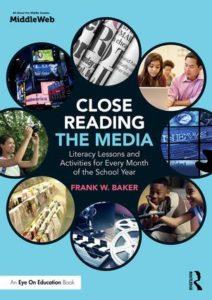

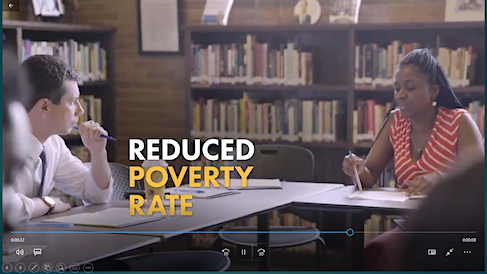
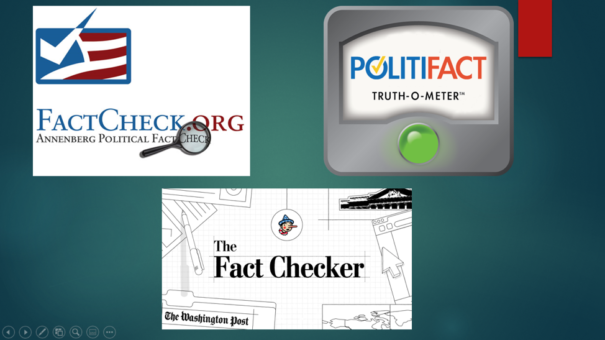


































Excellent article. And thanks for the fact-checking sites!
I couldn’t agree more!!